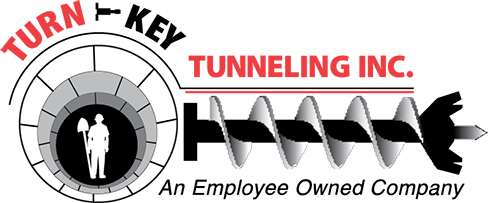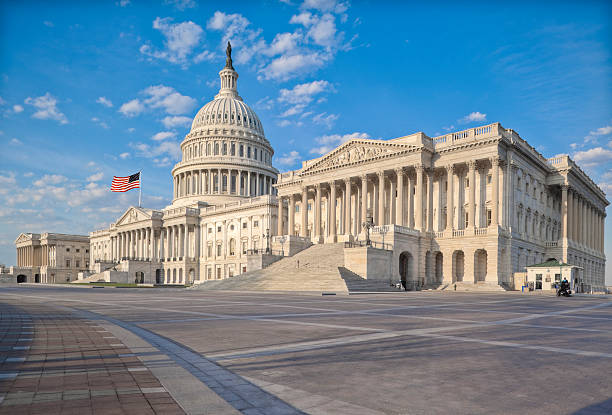The U.S. Senate on April 29 passed the Drinking Water and Wastewater Infrastructure Act (DWWIA) by a vote of 89-2, sending this important bill (S. 914) to the U.S. House.
“This vote sends to the House a bill that promises $35 billion in investment over the next five years to provide clean water and economic growth to thousands of U.S. communities,” said Doug Carlson, CEO of the National Utility Contractors Association (NUCA), which has been a long-time advocate for water infrastructure funding legislation. “This bipartisan bill is a long-overdue investment in our nation’s infrastructure that will create thousands of new jobs and help ensure millions of Americans have access to clean and healthy drinking water and safe, sanitary wastewater systems.”
Carlson thanked the members of the U.S. Senate who made a down-payment on fixing America’s leaking and outdated water systems. Alarming events over the last several years in multiple U.S. states such as Michigan, Mississippi, and Texas demonstrated that only with Congress’s help and increased private investment can municipalities begin to address the more than half a trillion dollars in awaiting projects.
The bill authorizes $35 billion for water projects, including $14.7 billion for the Clean Water State Revolving Fund (CWSRF) and $14.7 billion for the Drinking Water State Revolving Fund (DWSRF) over five years. This is a significant increase from prior appropriations for these funds, and the additional resources will be used to rebuild and renew water infrastructure systems around the nation that are obsolete or deficient.
The Clean Water State Revolving Fund, which has been appropriated for but never reauthorized since its establishment in 1987, is the primary funding mechanism for water quality projects. The bill’s drinking water section reauthorizes a drinking water resilience grant program, helps replace obsolete lead service lines in schools, and supports other federal drinking water grant programs.
This legislation shows that water infrastructure investment is a bipartisan issue, and it can serve as an important foundation for any broader infrastructure package. The legislation passed out of the Senate’s infrastructure committee earlier this year on a 20-0 vote.
Federal funding can help play a key role in rebuilding our water and sewer infrastructure. Water and sewer tunnels comprise a large segment within the tunneling industry – UCA’s Tunnel Demand Forecast identifies nearly 20 water or sewer projects under study, design or bidding – and the availability of funding could propel the market forward as the country begins to emerge from the prolonged pandemic.


